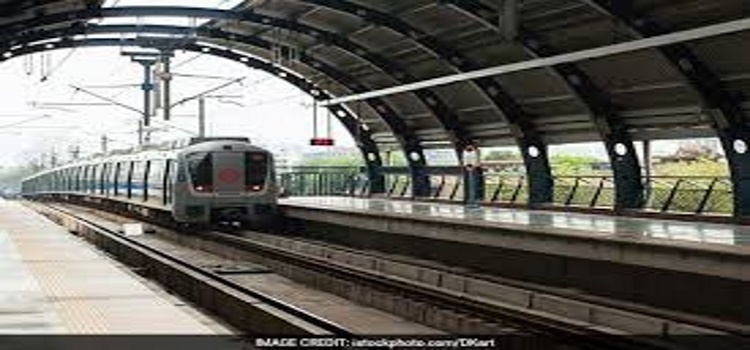
To commemorate 100 years of the Champaran Satyagraha, Prime Minister Narendra Modi is likely to flag off Swachhagraha Express, an exhibition train, from Motihari in Bihar next month to re-emphasise the spirit of cleanliness, or Swachhata, a value that was close to Mahatma Gandhi’s heart.
As part of the Swachh Bharat Mission, the 14-coach train is scheduled to be launched by Indian Railways on April 10 to showcase the cleaning-up efforts undertaken till date by the government and also to generate greater awareness towards cleanliness in the run-up to the 150th birth anniversary of Mahatma Gandhi in 2019.
The Swachhagraha Express, exhibiting various aspects of the cleanliness drive and its benefits, will travel in six months to 60 stations across the country.
A collaborative effort between the ministries of railways and drinking water and sanitation, the Swachhgaraha Express will mostly touch remote stations. Its itinerary is now being finalised. The train’s journey is expected to dovetail into Modi’s pet Swachh Bharat Mission.
Consequent to the launch of the Swachh Bharat Mission on October 2, 2014, by Modi, the Railways had launched “Swachh Rail, Swachh Bharat” in its bid to keep trains and stations clean.
As stated by the Modi government, the aim of the Swachh Bharat Mission is to achieve the vision of a “Clean India” by October 2, 2019, the 150th birthday of Mahatma Gandhi and the government will use it to leverage this historic occasion to build a clean India.
“The purpose of the Swachhagraha Express is to reach out to far-flung areas, creating awareness about cleanliness, which was also a key element of the Champaran movement,” said a senior official involved with the project.
The coaches of the train will feature a detailed account of the milestones and progress achieved under the Swachh Bharat Mission and subjects such as water, hygiene and sanitation will be elaborated upon.
There will be messages on cleanliness, adverse effects on environment due to open defecation, use and maintenance of toilets, awareness about hygiene, importance of clean water in public health, and many such related issues which will be showcased to the people, including schoolchildren, during the six-month journey.
Drawing a parallel with the success of Mahatma Gandhi in making the freedom struggle a people’s movement, the Prime Minister has, on several occasions, emphasised that the objectives of the Swachh Bharat Mission can only be achieved by making it a people’s movement.
The Railways, with its vast network, plays a crucial role in the Swachh Bharat Mission. To this end, a series of measures to improve the cleanliness of stations were announced in succesive budgets since 2015. (The railway budget was merged with the general budget last year.)
The state-run transporter has also made operational a “Swachh Rail” portal to showcase cleanliness rankings of various stations and the methodology adopted for the rankings.
Railway tracks along many stretches resemble garbage dumps with leftover food, plastic bottles and paper boxes strewn all over. Discharge of human waste from trains is also a cause for concern.
“We have made all-out efforts to keep the tracks, stations clean as part of the cleanliness campaign,” said the official.
Replacing existing toilets in trains with bio-toilets and preventing open discharge on tracks are some of the measures taken to keep rail premises clean.
Several railway divisions have pressed into service mechanised systems for cleaning of tracks near stations. Besides, installation of bio-toilets in several trains have reduced the discharge of human waste on the tracks.
